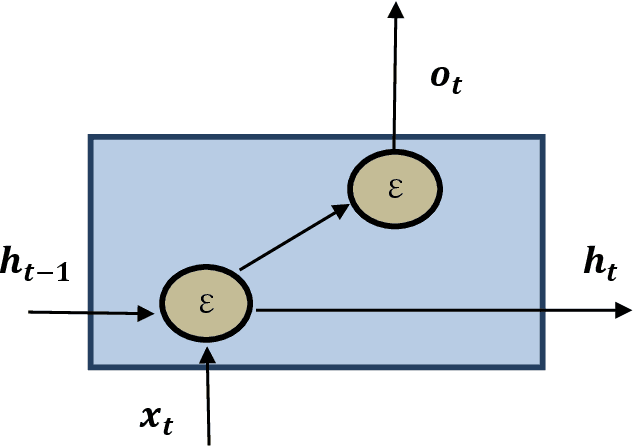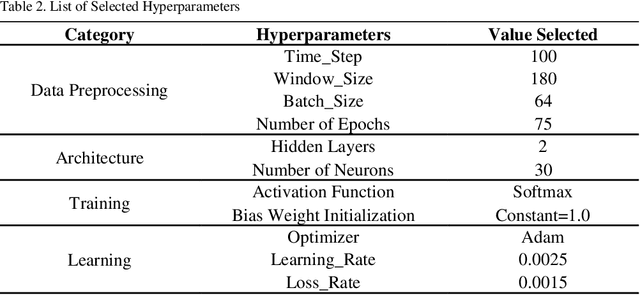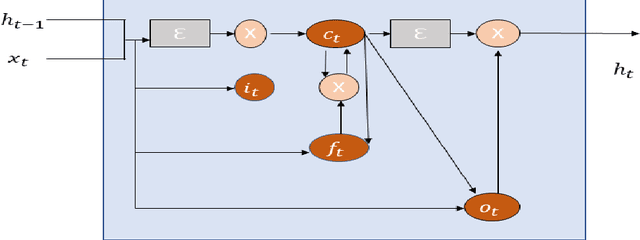Preeti Agarwal
A Lightweight Deep Learning Model for Human Activity Recognition on Edge Devices
Sep 20, 2019



Abstract:Human Activity Recognition (HAR) using wearable and mobile sensors has gained momentum in last few years, in various fields, such as, healthcare, surveillance, education, entertainment. Nowadays, Edge Computing has emerged to reduce communication latency and network traffic.Edge devices are resource constrained devices and cannot support high computation. In literature, various models have been developed for HAR. In recent years, deep learning algorithms have shown high performance in HAR, but these algorithms require lot of computation making them inefficient to be deployed on edge devices. This paper, proposes a Lightweight Deep Learning Model for HAR requiring less computational power, making it suitable to be deployed on edge devices. The performance of proposed model is tested on the participants six daily activities data. Results show that the proposed model outperforms many of the existing machine learning and deep learning techniques.
 Add to Chrome
Add to Chrome Add to Firefox
Add to Firefox Add to Edge
Add to Edge